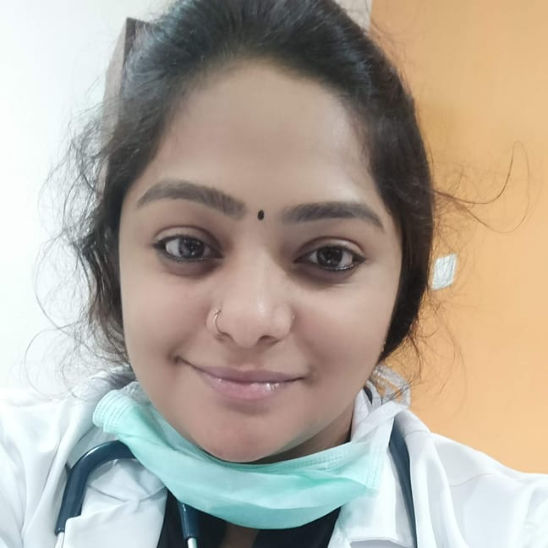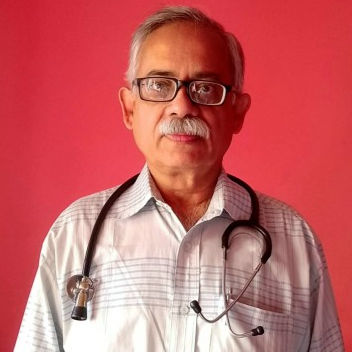Information on Blood Culture Test
Learn what a blood culture test is, why it’s done, how the procedure works, what the results mean, and when you should book one. Early detection of infections can save lives.

Written by Dr. M L Ezhilarasan
Reviewed by Dr. Dhankecha Mayank Dineshbhai MBBS
Last updated on 13th Jan, 2026

When you're feeling unwell with persistent fever, chills, or signs of a serious infection, your doctor may recommend a blood culture test. This simple yet crucial test helps identify harmful bacteria or fungi in your bloodstream, guiding the right treatment.
If you're unsure about what a blood culture test is, why it's needed, or how it works, this article will explain everything in simple terms.
What Is a Blood Culture Test?
A blood culture test is a diagnostic procedure used to detect infections in the blood. When harmful bacteria or fungi enter the bloodstream, they can cause severe illnesses like sepsis (blood poisoning), which can be life-threatening if not treated quickly.
The test involves taking a small sample of your blood and placing it in a special bottle (culture medium) that encourages the growth of bacteria or fungi. If any germs grow, doctors can identify them and prescribe the right antibiotics or antifungal medications.
Why Is a Blood Culture Test Done?
Your doctor may order this test if you have symptoms of a bloodstream infection, such as:
- High fever with chills
- Low blood pressure (feeling dizzy or faint)
- Rapid heart rate
- Confusion or disorientation
- Severe fatigue or weakness
- Nausea or vomiting
It’s also recommended for:
- Patients with weakened immune systems (e.g., due to cancer, HIV, or chemotherapy).
- Those with artificial heart valves, pacemakers, or IV lines (which can introduce infections).
- People recovering from major surgeries or severe burns.
How Is the Test Performed?
The procedure is simple and takes just a few minutes:
1. Cleaning the Skin – A healthcare professional will clean your arm (usually near the elbow) with an antiseptic to prevent contamination.
2. Drawing Blood – A needle is inserted into a vein, and a small amount of blood is collected in two or more vials (to increase accuracy).
3. Sending to the Lab – The blood samples are placed in culture bottles and monitored for bacterial or fungal growth over 24-48 hours.
If bacteria or fungi grow, further tests determine the exact type and the best treatment.
What Do the Results Mean?
- Negative Result – No bacteria or fungi were found. This is a good sign, but if symptoms persist, your doctor may repeat the test.
- Positive Result – Harmful germs were detected, confirming an infection. Additional tests help identify the
- specific type and the right antibiotics.
Sometimes, false positives can occur if skin bacteria contaminate the sample. That’s why proper skin cleaning and multiple samples are taken.
Consult an Specialist for the best advice
How Can You Prepare for the Test?
- No fasting is required.
- Inform your doctor about any medications you're taking (some antibiotics can affect results).
- Stay hydrated to make blood collection easier.
Tips for a Smooth Experience
- Relax – If you’re nervous about needles, take deep breaths and look away.
- Ask Questions – If unsure, ask the technician or doctor to explain the process.
- Follow Up – If results take time, stay in touch with your healthcare provider.
When Should You Book a Blood Culture Test?
If you or a loved one has:
- Persistent high fever with chills
- Unexplained fatigue and weakness
- Signs of severe infection (confusion, rapid heartbeat)
It’s best to consult a doctor immediately. Early detection can prevent complications like sepsis.
Need to schedule a blood culture test?
You can easily book a test through Apollo 24|7 from the comfort of your home. Their expert team ensures a hassle-free experience with accurate results.
Final Thoughts
A blood culture test is a vital tool in diagnosing serious infections. If your doctor recommends it, don’t hesitate—early detection can save lives. Stay informed, follow medical advice, and prioritize your health.
Consult an Specialist for the best advice
Consult an Specialist for the best advice

Dr. Dhanraj K
General Physician/ Internal Medicine Specialist
25 Years • MBBS, MD Internal Medicine - Osmania Medical College, Hyderabad
Hyderabad
Apollo Hospitals Jubilee Hills, Hyderabad
(400+ Patients)

Dr. Arif Ahmed
General Physician/ Internal Medicine Specialist
9 Years • MBBS, MD (Genl. Med.)
Kolkata
MCR SUPER SPECIALITY POLY CLINIC & PATHOLOGY, Kolkata

Dr Aakash Andgi
General Physician/ Internal Medicine Specialist
9 Years • MBBS MD
Bengaluru
Apollo Clinic, JP nagar, Bengaluru

Dr. Sudhashree R
General Physician/ Internal Medicine Specialist
13 Years • MBBS, MRCEM
Bengaluru
Apollo Clinic, JP nagar, Bengaluru

Dr. Pinaki Mukhopadhyay
General Physician/ Internal Medicine Specialist
32 Years • MBBS
Kolkata
MCR SUPER SPECIALITY POLY CLINIC & PATHOLOGY, Kolkata
(25+ Patients)
Consult an Specialist for the best advice

Dr. Dhanraj K
General Physician/ Internal Medicine Specialist
25 Years • MBBS, MD Internal Medicine - Osmania Medical College, Hyderabad
Hyderabad
Apollo Hospitals Jubilee Hills, Hyderabad
(400+ Patients)

Dr. Arif Ahmed
General Physician/ Internal Medicine Specialist
9 Years • MBBS, MD (Genl. Med.)
Kolkata
MCR SUPER SPECIALITY POLY CLINIC & PATHOLOGY, Kolkata

Dr Aakash Andgi
General Physician/ Internal Medicine Specialist
9 Years • MBBS MD
Bengaluru
Apollo Clinic, JP nagar, Bengaluru

Dr. Sudhashree R
General Physician/ Internal Medicine Specialist
13 Years • MBBS, MRCEM
Bengaluru
Apollo Clinic, JP nagar, Bengaluru

Dr. Pinaki Mukhopadhyay
General Physician/ Internal Medicine Specialist
32 Years • MBBS
Kolkata
MCR SUPER SPECIALITY POLY CLINIC & PATHOLOGY, Kolkata
(25+ Patients)

_0.webp)


